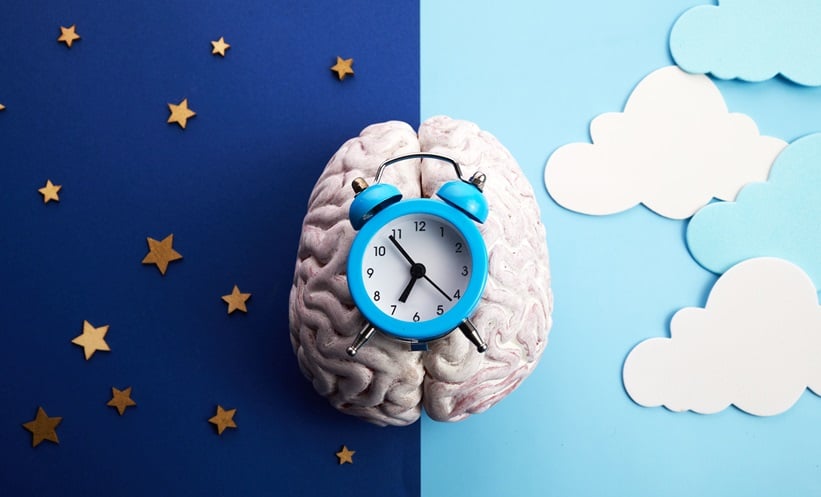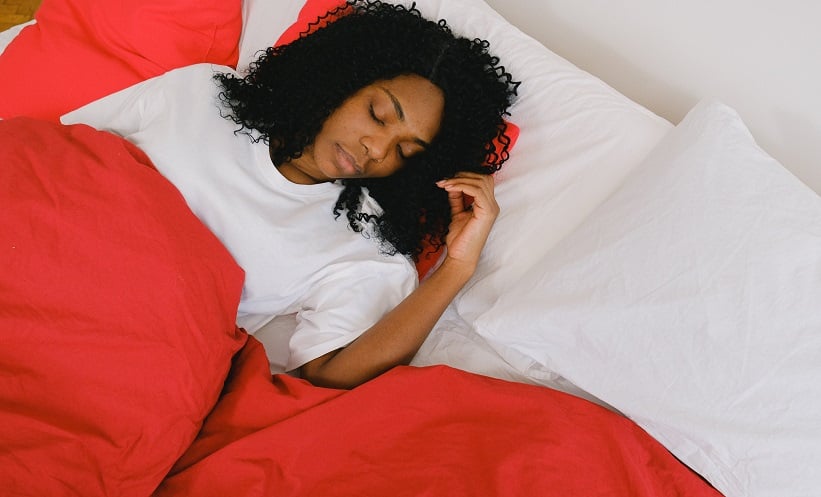COOLER bedroom temperatures at night and brighter indoor lighting during the day can significantly improve sleep for people living with dementia, according to a large-scale study from the University of Surrey.
Sleep disruption in dementia often leads to restless nights, excessive daytime naps, and a disturbed body clock, with consequences for memory and daily functioning. While pharmacological approaches offer limited success and often come with side effects, emerging evidence points to the powerful effect of regulating indoor temperature and light. The study used contactless sensors in real homes, monitoring sleep and physiological indices without burdening the 70 participants, who contributed over 26,000 days of data. This approach captured long-term patterns rather than isolated snapshots or caregiver reports.
Researchers found that higher bedroom temperatures at night caused more disrupted sleep and increased breathing rates. By contrast, brighter indoor light during the day improved sleep quality and duration, and lowered breathing rates. Some homes remained hot day and night throughout the year, suggesting that turning down thermostats at night even in winter could improve sleep and possibly reduce energy costs. The effect of temperature and light varied markedly between individuals, indicating that personal sensitivity should guide interventions. Most importantly, sleep timing for people with dementia was set more by the household clock than natural sunrise or sunset, making adjustments to the indoor environment particularly effective.
For clinical practice, these findings support a shift toward personalising indoor conditions to improve sleep in dementia care. Cooler bedrooms and brighter daytime spaces are straightforward changes with potential for meaningful improvements in symptoms, daily functioning, and wellbeing.
Reference
Skeldon AC et al; UK Dementia Research Institute Care Research & Technology Centre. Seasonal and daily variation in indoor light and temperature are associated with sleep disturbance in dementia. Sleep. 2025:zsaf125.








